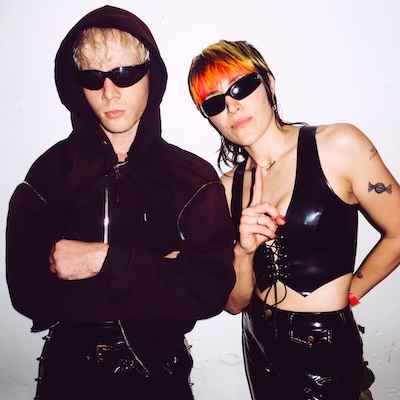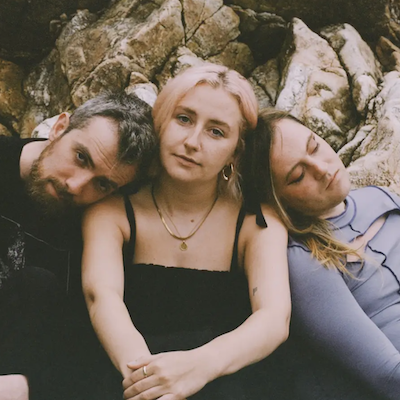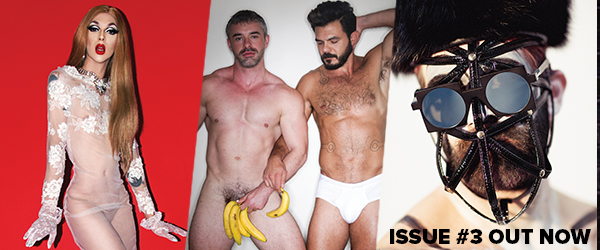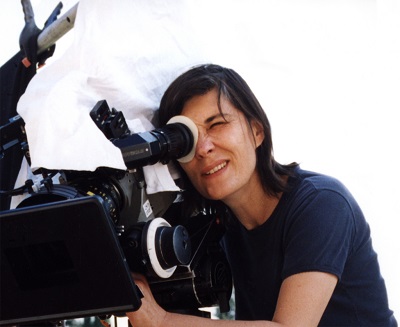
"We open up new perspectives, we are at the front lines"
Catherine Corsini’s Summertime (La Belle Saison) closed this year’s BFI Flare festival and Loverboy were invited to the preview. We fell deeply in love with this tale of lust, love and coming out set in France in the 1970s. With the film on general release in the UK from the 15th of this month, Fallon Gold spoke with Catherine about Summertime, directing and acting, and just how she got those magnificently hot sex scenes.
The film is set in a turbulent time for women and LGBTQ people, but a really exciting time too. What attracted you to tell a story from this period?
It was the utopia of that period. Women were being outspoken and formulating a discourse among themselves. Feminists and LGBTQ people were standing together. There was mutual support – also arguments – but a reflection on male dominance was taking place.
The dominant themes are freedom and choices that effect personal freedom – both women are out and closeted in different ways throughout the film. These are still dilemmas we face as queer people when we come out, aren’t they?
It was much more pronounced at that time. Homosexuality was considered an offence and was punishable by imprisonment. Until 1982, it was considered a mental illness. Admitting to be a homosexual at that time was way more courageous than it is today.
Consequently, our heroines behave differently, according to their degree of political awareness. Carole is more open about her sexuality than Delphine is in her own milieu. Delphine does not dare confront her mother’s gaze, thus her sexual repression.
How does coming from acting yourself inform your directing?
I love actors. They embody the film, they stay with us as much as the plot itself. I try to push them while trying to put myself in their own shoes.
You directed yourself in 1987’s Poker – I’ve always wondered how does one direct oneself?
It was hard for me. I don’t like myself enough. I never renewed that experience and it was a very small part anyway.
This is your first film dealing with gay women, isn’t it? Why now?
I did talk about gay women in La Répétition but it’s true that this is the first time I tackled the subject directly. It was too close to me, I had the impression that I would fail to shoot because there was not enough distance between me and the subject matter. Setting the film in the 70s did help.
Summertime is produced by Elizabeth Perez, who also happens to be your partner. Can you tell me a bit about that working relationship and how you balance the professional and personal in your lives?
Precisely, Elisabeth gave me the confidence I needed to deal with this film. She thought that I had to confront this subject. We exchanged a lot of views on the script, the casting and the shooting. She had a demanding outlook on the project. It is not easy to cheat when working with your partner. It was exhilarating.
Homophobic backlash usually follows gains made by the LGBTQ communities. How important is it for us to keep telling these stories and addressing homophobia in our work?
It is absolutely crucial that film contributes to creating other representations of the world. We open up new perspectives, we are at the front lines. It is obvious that we must takes sides in regard to how LGBTQ people are treated. We still have a long way to go and, too often, lesbians are either hiding or being harmed.
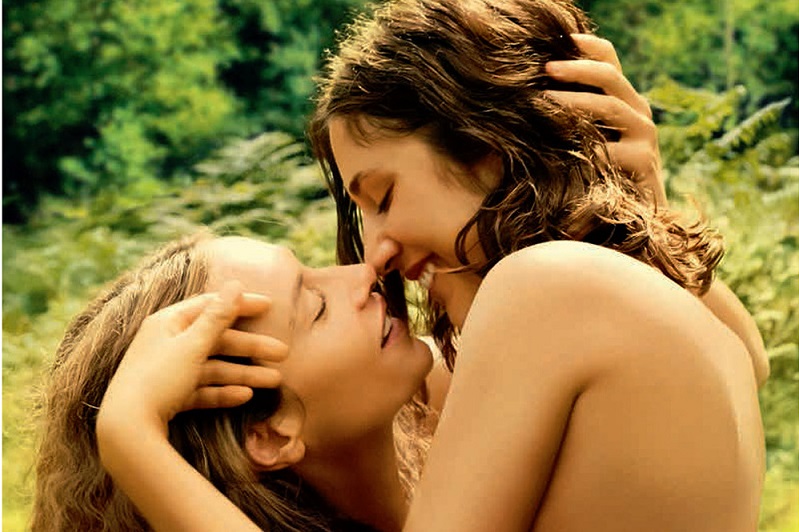
Lesbian sex scenes in movies are notoriously clunky, on the whole; there’s a history of ‘handless’ sex scenes. It’s improved in the last few years but not hugely. The scenes in Summertime are effortless, passionate, authentic and wonderful. You don’t get a sense of that kind of self-consciousness that often comes across in other films. Is it simply because you are European and Europeans have always been better at dealing with sex on film?
I was quite anxious to maintain the right distance. I did not want the love scenes to generate sexual fantasies, they had to be framed in wide shots, bodies had to be seen in their wholeness, suggesting sensuality by showing bodies rather than prompting voyeurism by concealing them. I thought about paintings, feelings, simplicity and just the beauty of the act of love. No restraint but modesty and brightness. Not sexual prowess. It’s hard because my actresses were very reluctant but I managed it because it seemed to me to be very important to offer to homosexuals, to make them want to be lesbian.
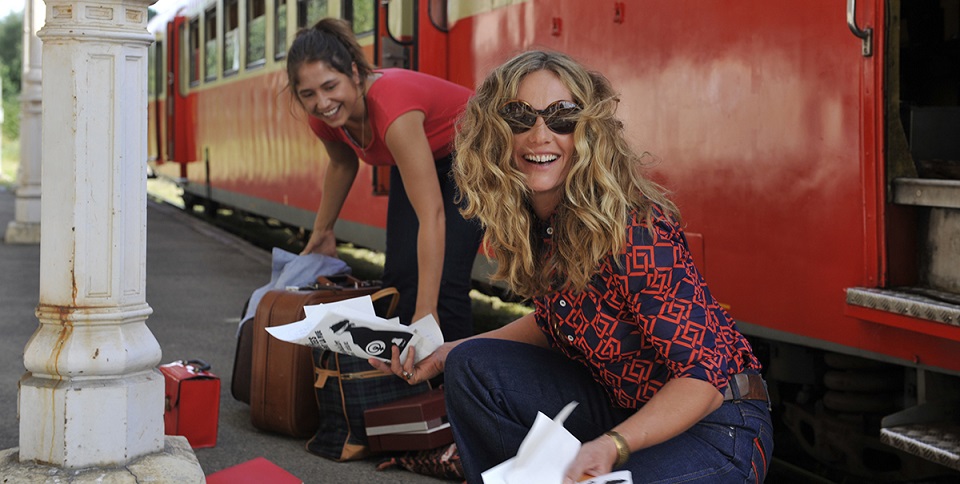
The sex is primary in this relationship, which again is rare. It’s often portrayed as overall about love, companionship etc, then sex is by the by. The pull and power of having sex with a woman even pushes Carole to not attend an activism protest in favour of an afternoon of lovemaking with Delphine. Was it a conscious decision to put sex central to their story?
It is a discovery for Carole. She was living with a man and then came Delphine who seduces and disrupts her life. At the beginning of relationships, the body of the other is all that matters, loving each other. It seemed so obvious and so real to me. That’s how I experienced my own relationships and I couldn’t imagine showing it otherwise.
Can we expect to see more queer stories from you?
Yes… A comedy. I badly want to do it but it will not be the next one.
What will be next?
I’m writing a script at the moment. It’s the adaptation of a book by Christine Angot, a French contemporary novelist, in which she talks about her relationship with her mother



